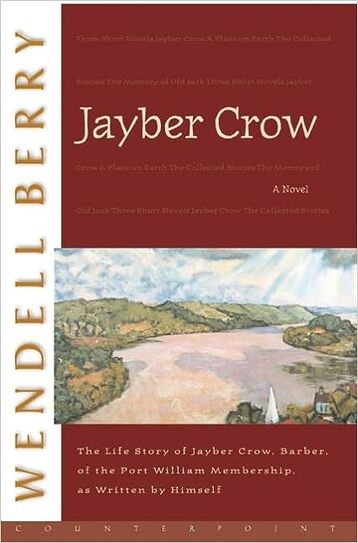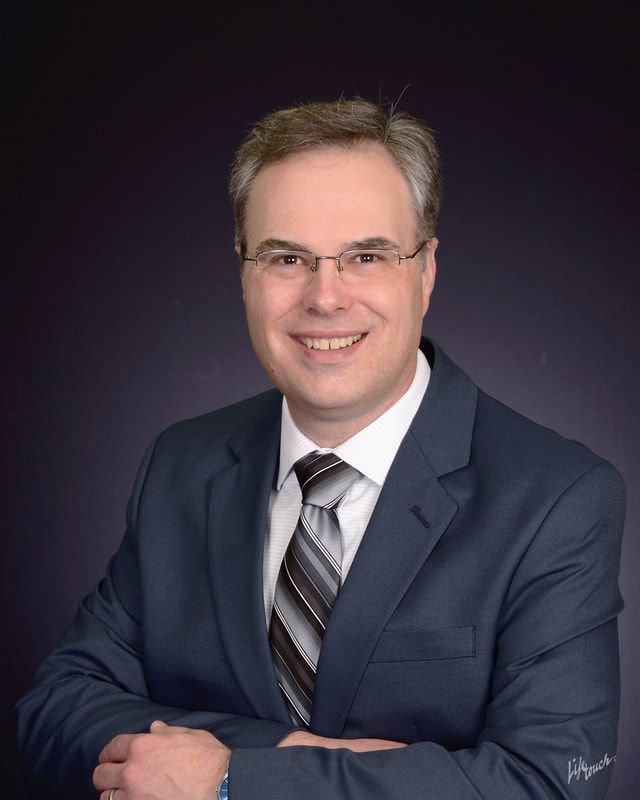 It is time for me to post another blog. It becomes easy to neglect reflective communication, yet it is so important. I’d like to catch up by reflecting on a book that I recently finished: “Jayber Crow” by Wendall Berry. The book explores the themes of changing times, greed, and recklessness, offering thought-provoking wisdom despite not being explicitly categorized as a “Christian” book. In “Jayber Crow,” the loss of the old ways is a significant theme that reflects the broader societal shift from traditional rural life to modernization and urbanization. The book portrays the changes in the fictional town of Port William, where the close-knit community and agricultural practices start to fade away as technology and urban influences take over. Throughout the novel, Jayber Crow, the main character and narrator, witnesses the loss of the old ways firsthand. He reflects on the vanishing agricultural lifestyle with the younger generation’s pursuit of the promise of progress. Jayber portrays the shift as a loss of connectedness to the land, a deep-rooted sense of community, and a simpler, more meaningful way of life. The book explores the impact of this loss on individuals, their relationships, and their sense of identity. Jayber’s character embodies the struggle to reconcile his nostalgia for the past with the inevitability of change, grappling with the feeling of being displaced in the modern world. Overall, “Jayber Crow” offers an emotional commentary on the price of progress and the bittersweet consequences of leaving behind the old ways for the sake of the new. It invites readers to contemplate the value of tradition, community, and a more harmonious relationship with nature in the face of rapid societal transformations. Putting it into context here in Blainsport, we see the vanishing agricultural landscape. The convenience of public sewer is coming, and more houses will spring up where corn and beans grew for decades. The familiarity with the Christian faith and the priority of church attendance continues to wain. Some days I feel like I was born in the wrong era since I mourn the loss of old-time connectedness and unity previous generations enjoyed. Maybe my view of the past is sweeter than reality. Perhaps the simple life did not contain all the wonderful advantages I think it did. Could it be Solomon was on to something when he wrote in Ecclesiastes 1:9, “What has been is what will be, and what has been done is what will be done, and there is nothing new under the sun”? Perhaps I should stop lamenting the loss of the past and cultivate good things in this new era. It might be wise to thank God for what was and ask Him to show me how to live in what is. Oh Lord, I am grateful for your blessings in the past, and I pray for guidance to make positive and healthy contributions in the present and future.
0 Comments
Leave a Reply. |
Eric MarshallBorn in Reading, Pennsylvania, Eric grew up in the little town of Gibraltar, PA with his grandparents. He met his wife Cheryl while working at Good’s Greenhouse in Bowmansville, PA. He has three adult children and values watching them grow into the people God wants them to be. Archives
August 2023
Categories |


 RSS Feed
RSS Feed